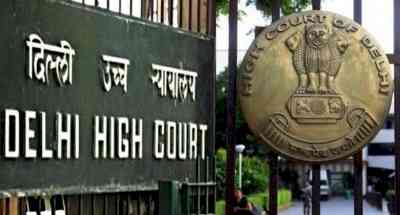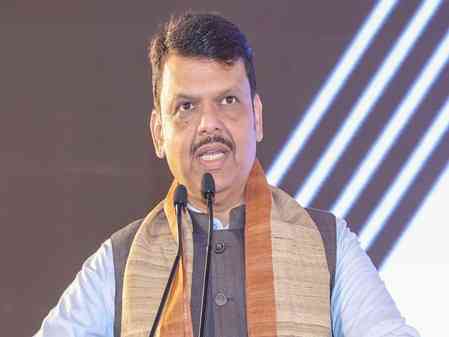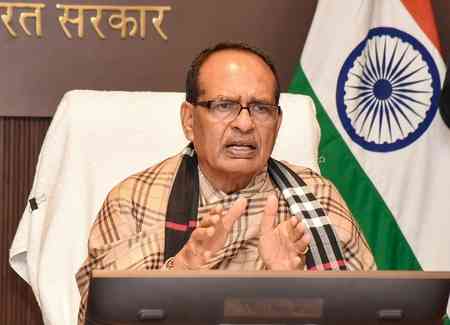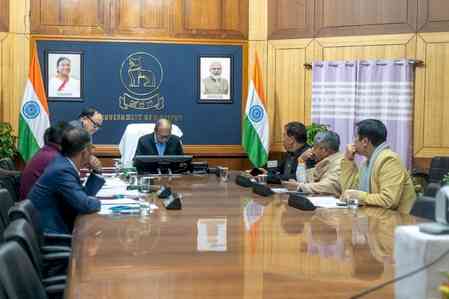Delhi HC seeks Centre's response on PIL to differentiate between dharma & religion in govt records
The Delhi High Court on Wednesday sought the Central government's response on a PIL filed by BJP leader and advocate Ashwini Kumar Upadhyay urging the court to make a clear distinction between the terms "dharma" and "religion".

New Delhi, Nov 8 (IANS) The Delhi High Court on Wednesday sought the Central government's response on a PIL filed by BJP leader and advocate Ashwini Kumar Upadhyay urging the court to make a clear distinction between the terms "dharma" and "religion".
Additional Solicitor General (ASG) Chetan Sharma appeared for the Central government.
A division bench of Chief Justice Satish Chandra Sharma and Justice Tushar Rao Gedela granted time to ASG for filing response.
The matter will be now be taken up next on January 16, 2024.
The PIL also calls for directions to the Central and Delhi governments to include a chapter on this subject in the curriculum of primary and secondary schools.
The objective of this initiative, according to Upadhyay, is to educate the masses and combat religion-based hatred and hate speeches.
Upadhyay's plea insists that "dharma" and "religion" have different meanings, and it's crucial to recognise this difference.
Additionally, the PIL seeks directions for the Union and Delhi governments to use the proper definition of religion, as per Upadhyay's interpretation, which equates "religion" to "panth or sampradaya" and not "dharma".
This request pertains to government documents such as birth certificates, Aadhaar cards, driving licences, bank accounts, and birth and death certificates.
“Petitioner respectfully submits that ‘dharma’ and ‘religion’ have totally different meaning but the Centre and State Government Officials and Employees not only use the term Dharma as synonym of Religion in the documents like Birth Certificate, Aadhaar card, School Certificate, Ration Card, Driving Licence, Domicile Certificate, Death Certificate and Bank Account etc but also in their verbal and written communication,” the plea reads.
Upadhyay argued that dharma is distinct from religion, describing it as an "ordering principle" that operates independently of one's faith or methods of worship.
It provides freedom in ethical norms and represents an "eternal journey from being to becoming".
He said that dharma encourages tolerance and plurality and doesn't align with the concept of "conversion" that was introduced from outside India with the arrival of Christians and Muslims.
The PIL says, "No one ever forced anything on anyone. The concept of ‘conversion’ came to India from outside as Christians and Muslims arrived.”
Furthermore, the plea highlights the differences in the evolution of "secular Western democracies" and Islamic societies, suggesting that the latter remain influenced by the clergy class, leading to certain undesirable outcomes.
The plea raises concerns about the misuse of "workless" petrodollars in the hands of Wahhabi/Deobandi mullahs, potentially contributing to a cult of violence and terrorism.



 IANS
IANS 










